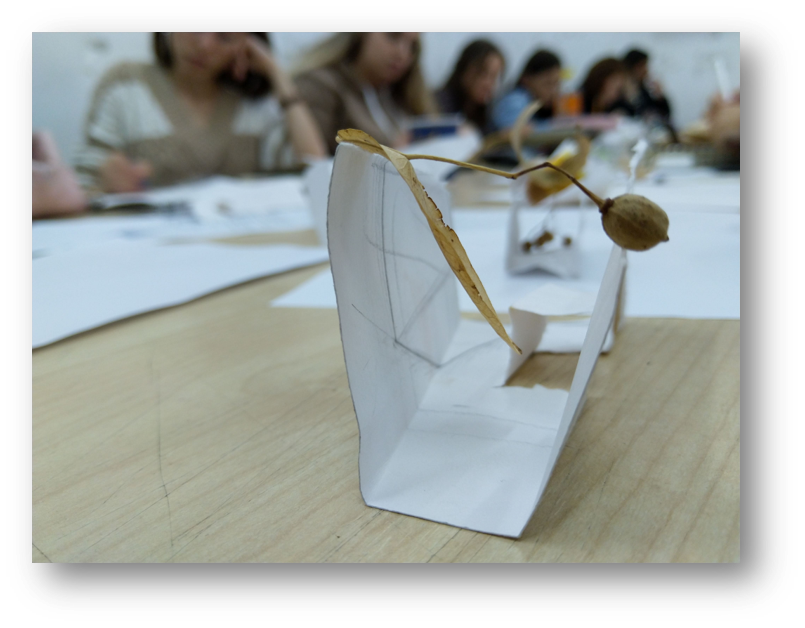Course 2: Management and Entrepreneurship in CCIs. Syllabus for B&E Students. (C2-BE-STU-EN)
Units
 The business model describes the rationale of how an enterprise creates, deliver and captures value (Osterwalder and Pigneur, 2009). The business system defines the plan for the successful operation of a business, integrating the products and services, targeted customers and audience, sources of revenue and details of financing. It gives the framework for the activities of an enterprise. In the CCIs both the business models and business systems are specific as a large majority of them have relied until recently on public and donor funding (i.e. philanthropy) which tend to decrease after the global financial crisis in 2008 (and will probably decease even more dramatically in the post-pandemic period after 2021). The CCIs have already tested new approaches and business models and the process is to evolve. In this theme, we shall review the traditional business models from the perspective of the CCIs and pay particular attention to the ones created in the CCIs, such as creative hubs, co-working, crowd-funding/crowd-sourcing, etc. The partnerships and community cooperation, the social, inclusive and innovative aspects of CCIs as well as the cross-sectoral collaborations will be given particular attention as well.
The business model describes the rationale of how an enterprise creates, deliver and captures value (Osterwalder and Pigneur, 2009). The business system defines the plan for the successful operation of a business, integrating the products and services, targeted customers and audience, sources of revenue and details of financing. It gives the framework for the activities of an enterprise. In the CCIs both the business models and business systems are specific as a large majority of them have relied until recently on public and donor funding (i.e. philanthropy) which tend to decrease after the global financial crisis in 2008 (and will probably decease even more dramatically in the post-pandemic period after 2021). The CCIs have already tested new approaches and business models and the process is to evolve. In this theme, we shall review the traditional business models from the perspective of the CCIs and pay particular attention to the ones created in the CCIs, such as creative hubs, co-working, crowd-funding/crowd-sourcing, etc. The partnerships and community cooperation, the social, inclusive and innovative aspects of CCIs as well as the cross-sectoral collaborations will be given particular attention as well.
- Number of hours: 3 in class, 3 self study.
Material | ||
| Presentation T2.4 | ||
| Reader T2.4 | ||
Case study/ies | ||
| Video Case Study T2.4 Video case “Le Papillon” Art Gallery - Intro |
||
| Video Case Study T2.4 Video case “Le Papillon” Art Gallery - Strategic Partnerships |
||
| Video Case Study T2.4 Video case “Le Papillon” Art Gallery - Added value |
||
| Case Study T2.4 Le Papillon Art Gallery | ||
Learning activities | ||
| Learning Activities T2.4 | ||
Test your knowledge | ||
| T2.4 Self Assessment Multiple-choice questions |
||
| T2.4 Self Assessment (Open Questions) | ||
